
100 Hublot Watches
-
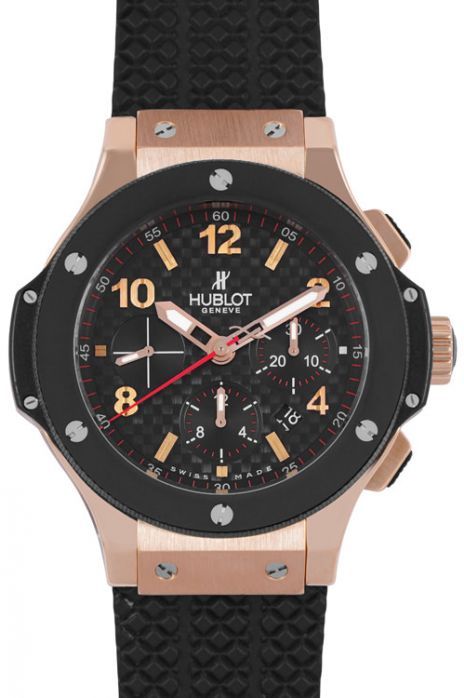
HublotBig Bang
2015 44 Mmsold out -
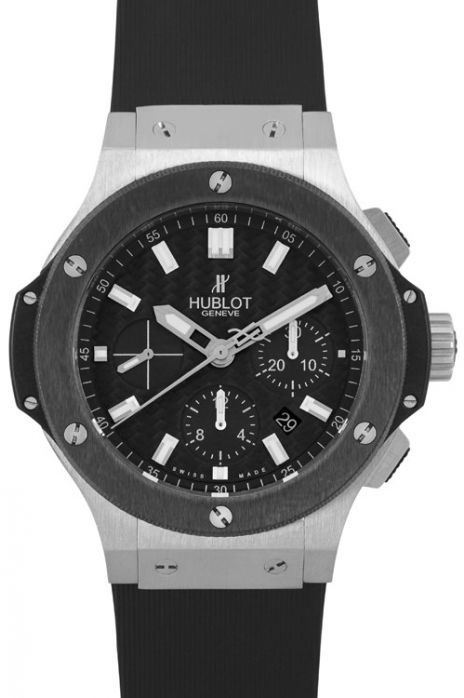
HublotBig Bang
2015 44 Mmsold out -
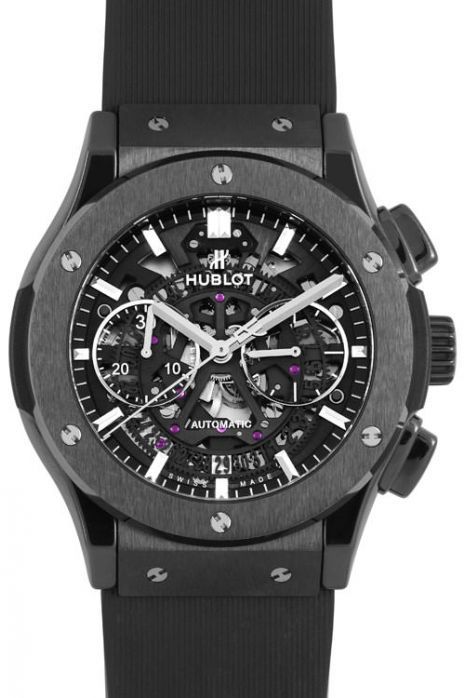
HublotClassic Fusion
2018 45 Mmsold out -
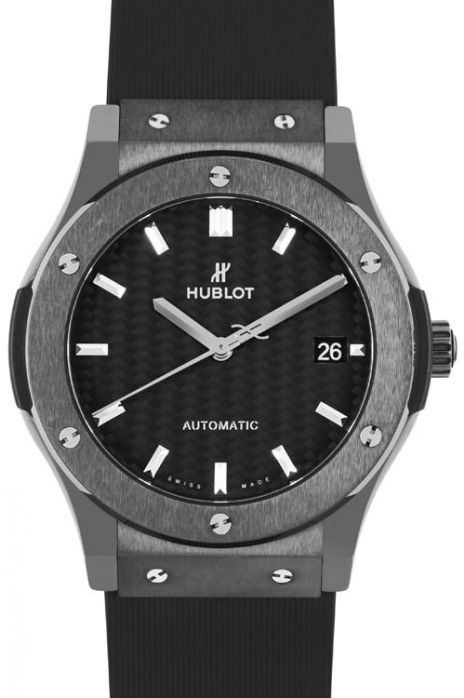
HublotClassic Fusion
2018 45 Mmsold out -
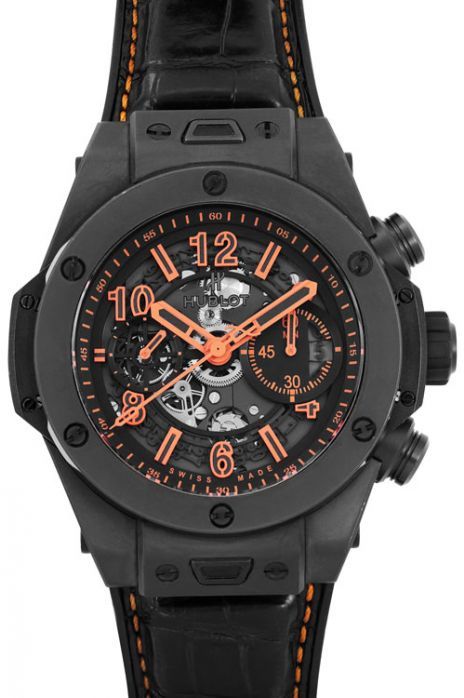
HublotBig Bang
2017 45.5 Mmsold out -
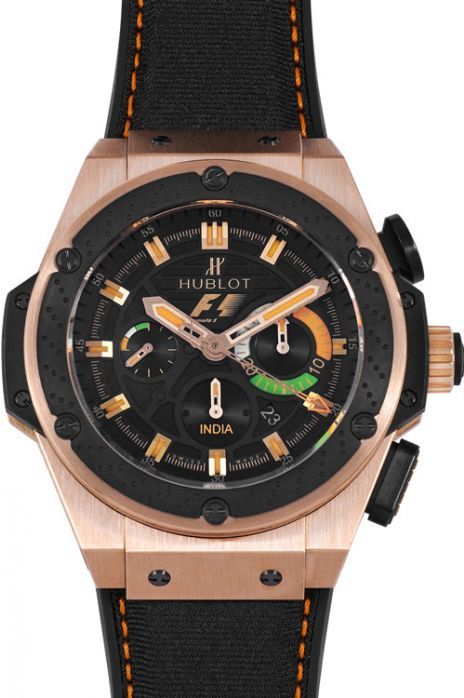
HublotBig Bang
2018 48 Mmsold out -
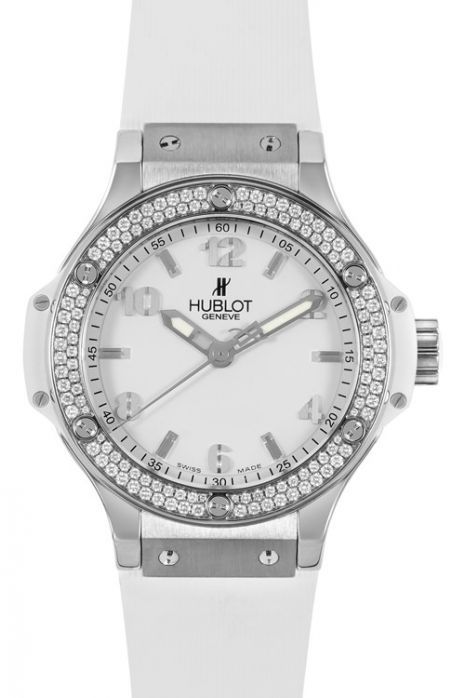
HublotBig Bang
2012 38 Mmsold out -
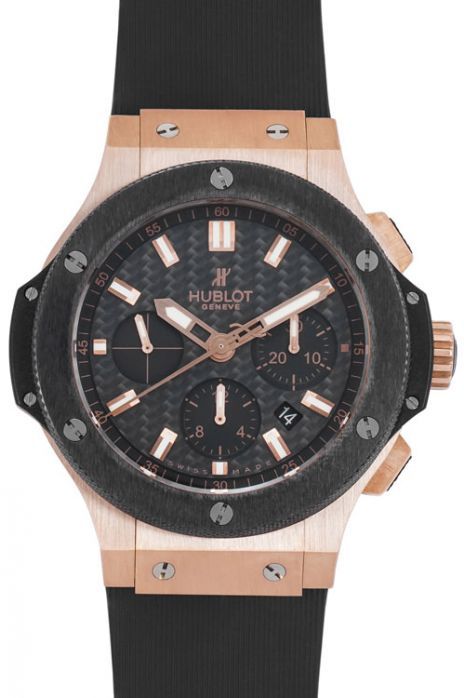
HublotBig Bang
2013 44 Mmsold out -
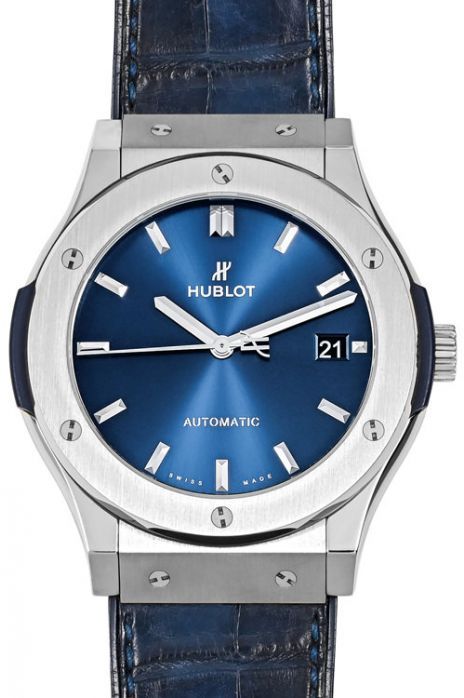
HublotClassic Fusion
2020 45 Mmsold out -
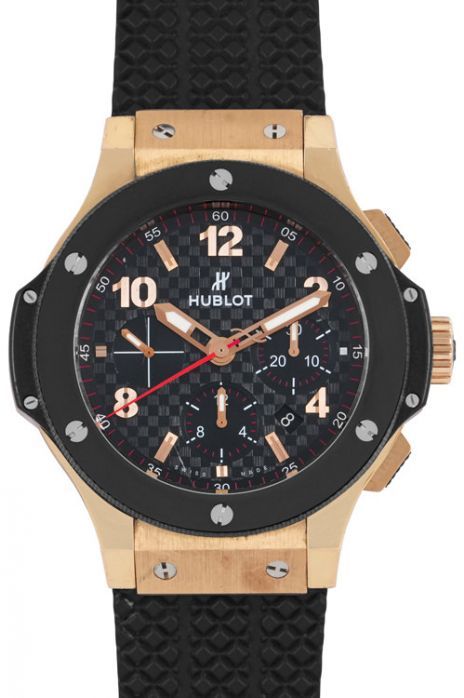
HublotBig Bang
2018 44 Mmsold out -
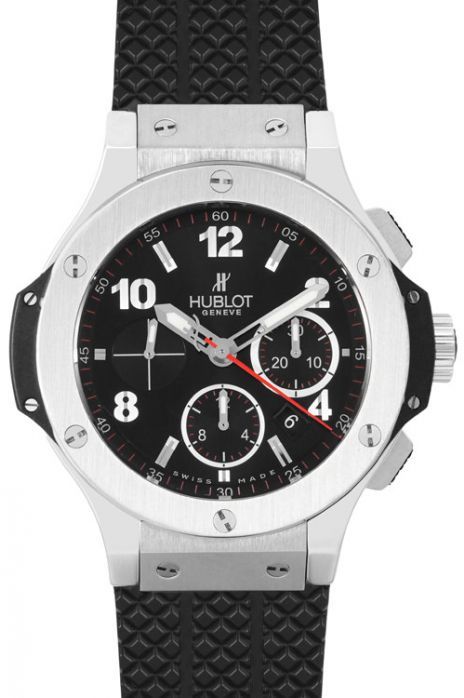
HublotBig Bang
2014 44 Mmsold out -
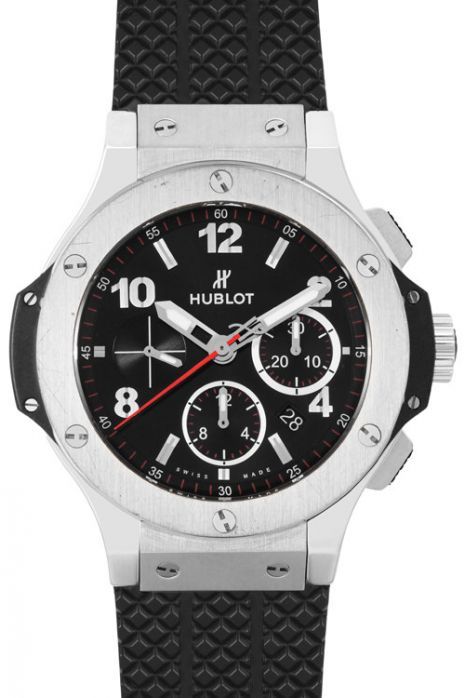
HublotBig Bang
2018 44 Mmsold out -
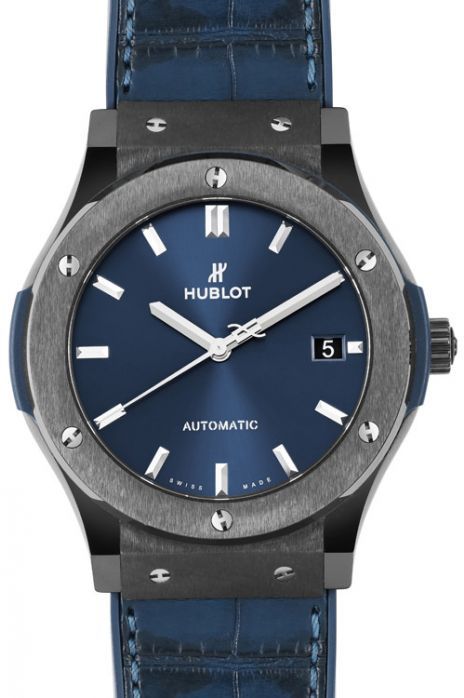
HublotClassic Fusion
2021 45 Mmsold out -
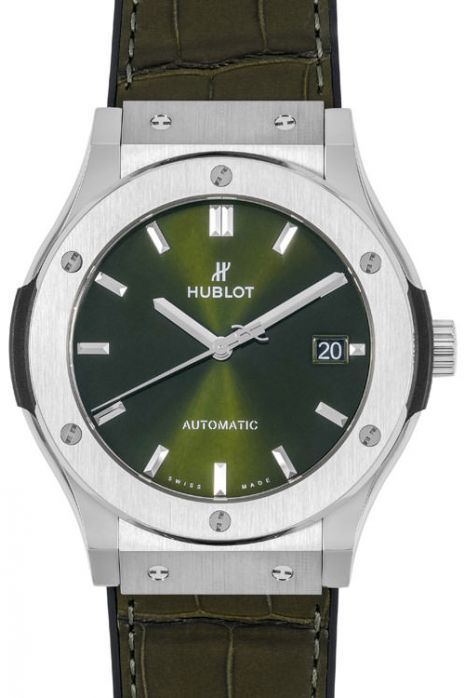
HublotClassic Fusion
2023 45 Mmsold out -
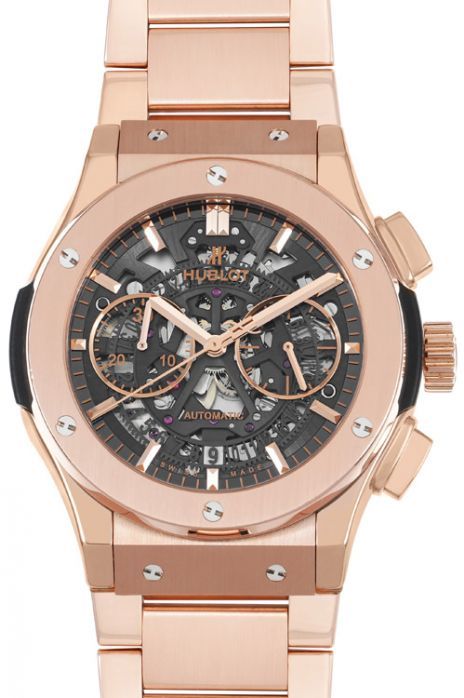
HublotClassic Fusion
2013 45 Mmsold out -
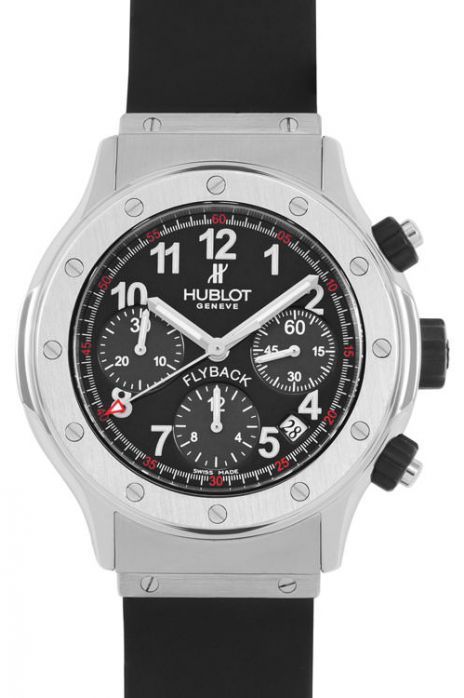
HublotClassic Fusion
2013 42 Mmsold out -
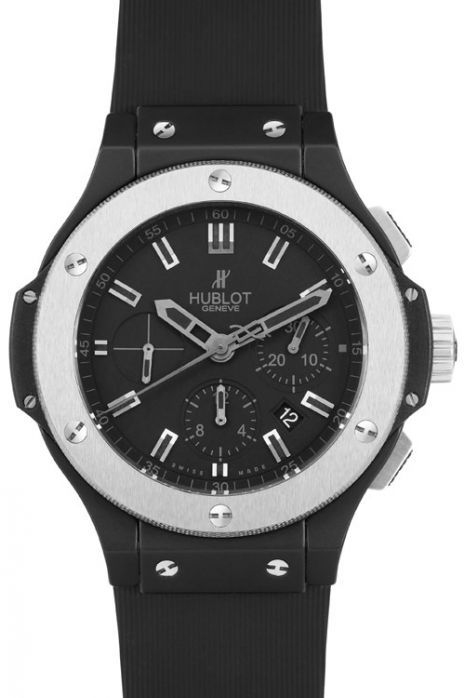
HublotBig Bang
2022 44 Mmsold out -
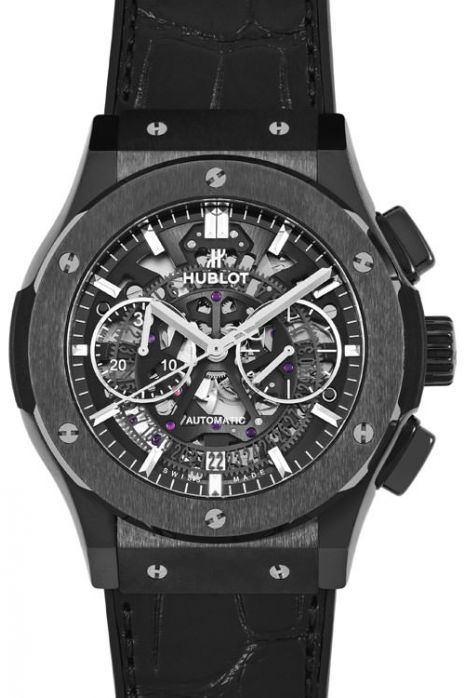
HublotClassic Fusion
2022 45 Mmsold out -
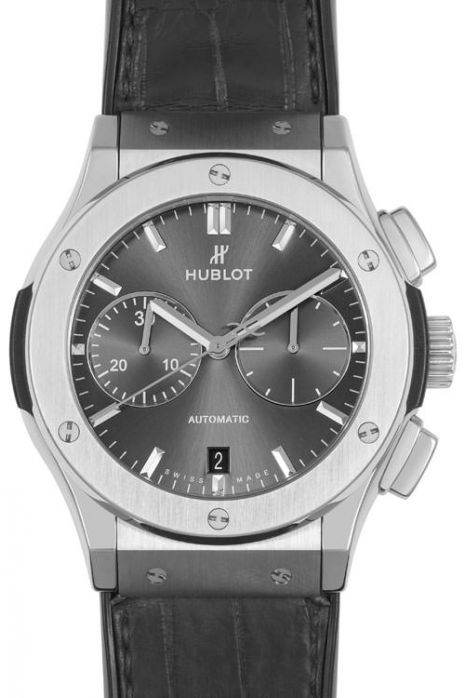
HublotClassic Fusion
2017 45 Mmsold out -
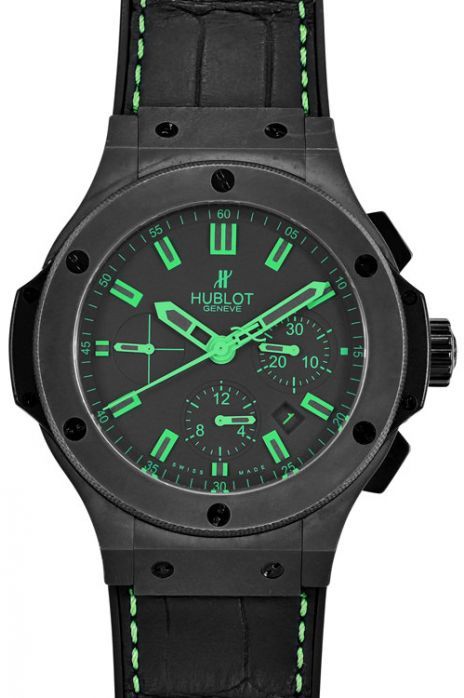
HublotBig Bang
2016 44 Mmsold out -
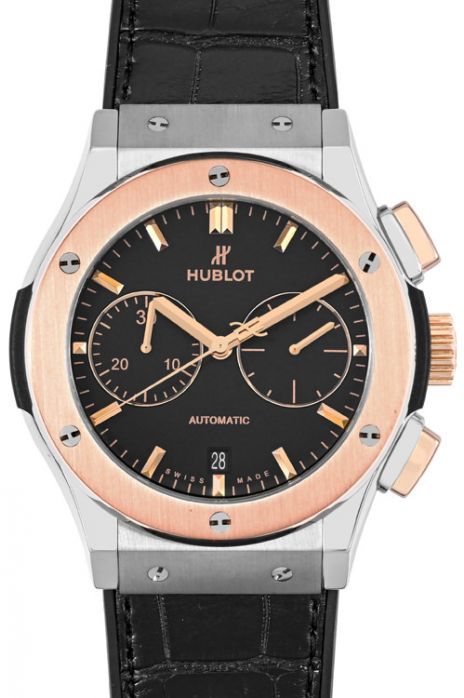
HublotClassic Fusion
2017 45 Mmsold out -
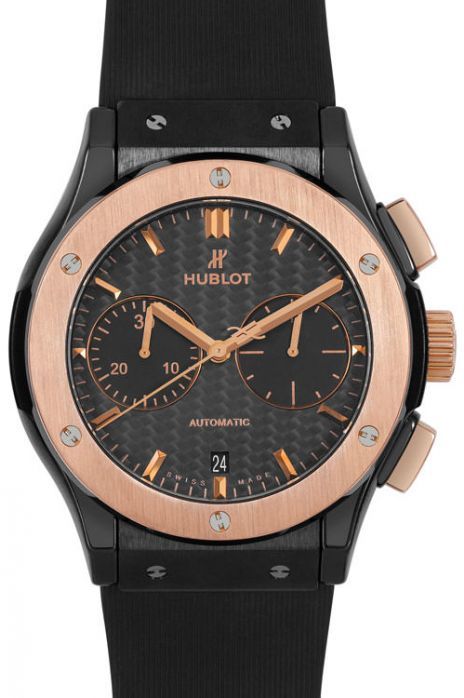
HublotClassic Fusion
2016 45 Mmsold out -
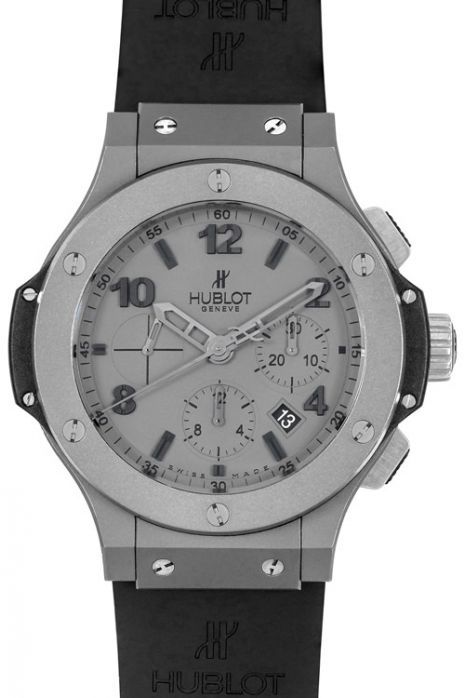
HublotBig Bang
44.5 Mmsold out -
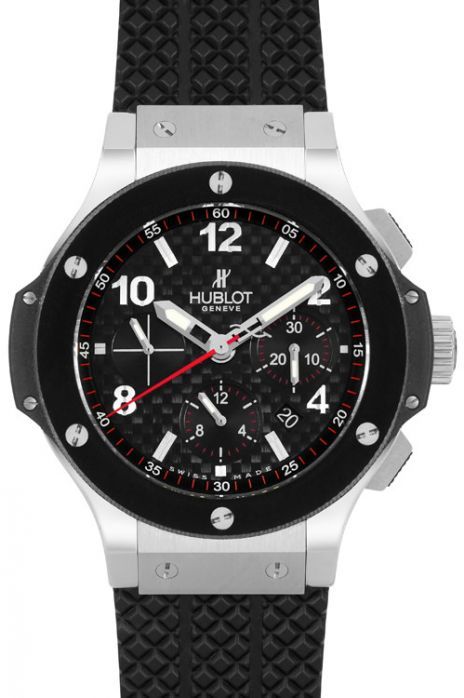
HublotBig Bang
2015 44 Mmsold out -
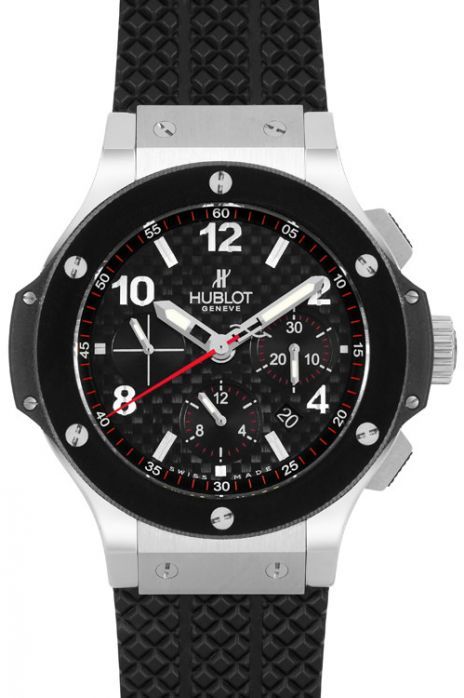
HublotBig Bang
2011 44 Mmsold out -
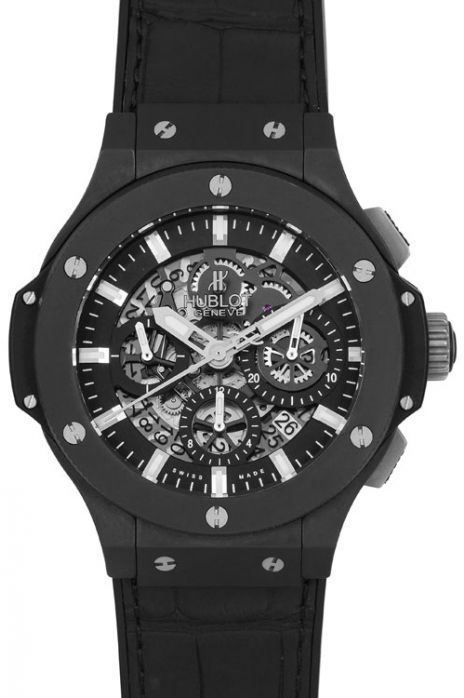
HublotBig Bang
2010 44 Mmsold out -
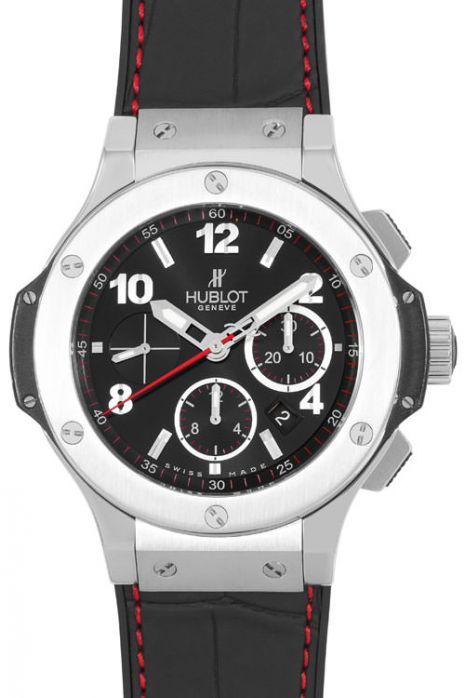
HublotBig Bang
2015 44 Mmsold out -
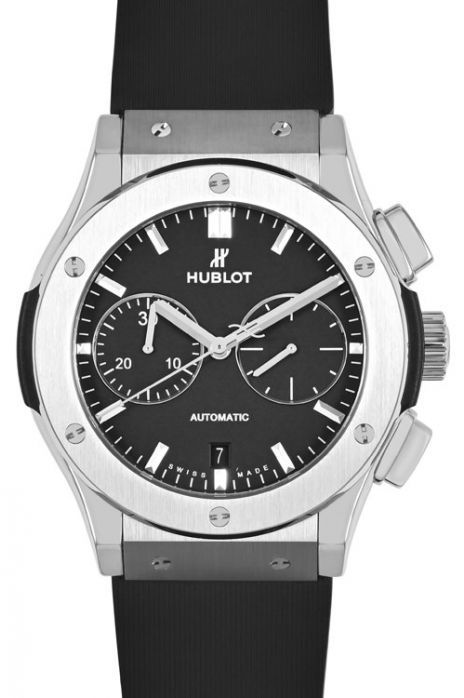
HublotClassic Fusion
2021 42 Mmsold out -
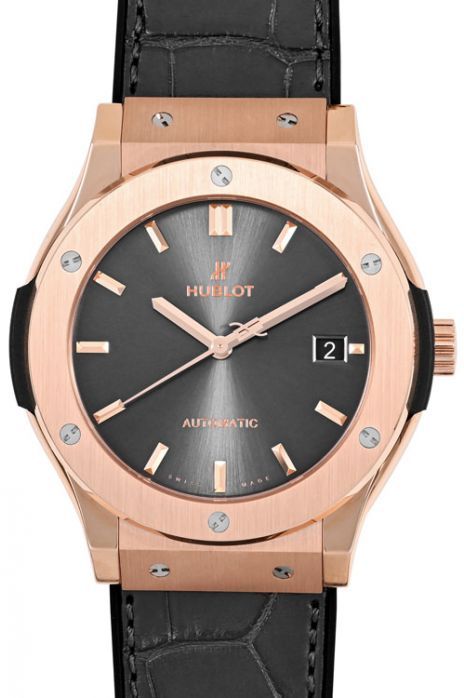
HublotClassic Fusion
2023 45 Mmsold out -
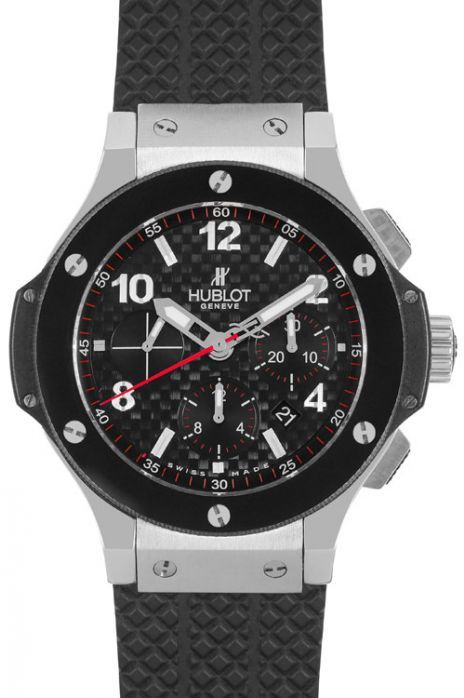
HublotBig Bang
2022 44 Mmsold out -
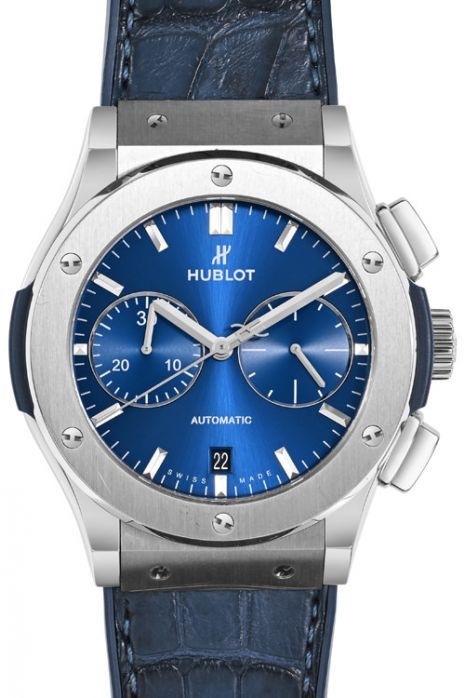
HublotClassic Fusion
2019 45 Mmsold out -
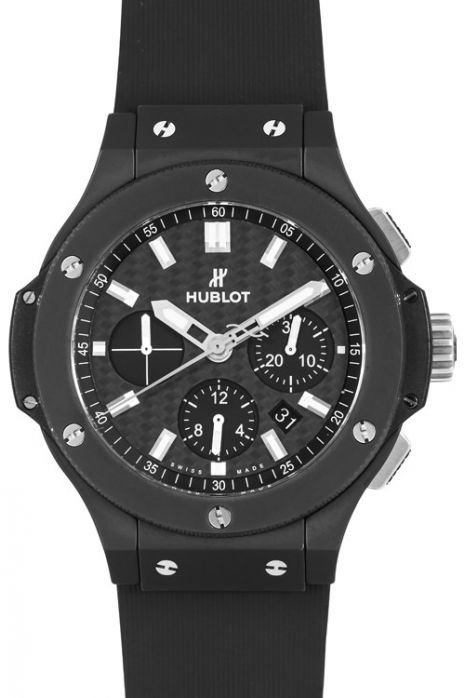
HublotBig Bang
2018 44 Mmsold out -
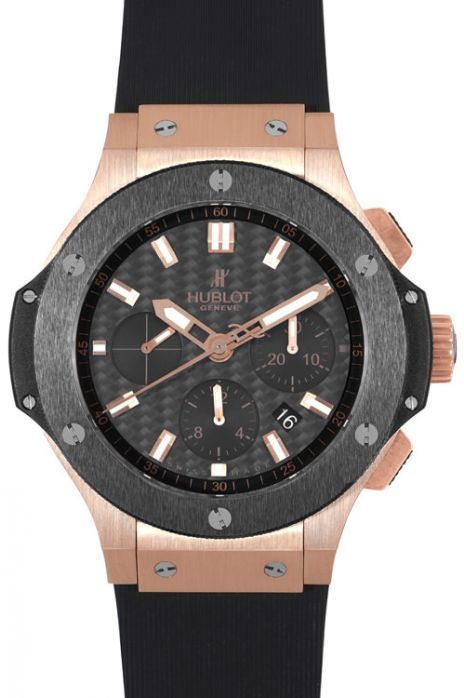
HublotBig Bang
2011 44 Mmsold out -
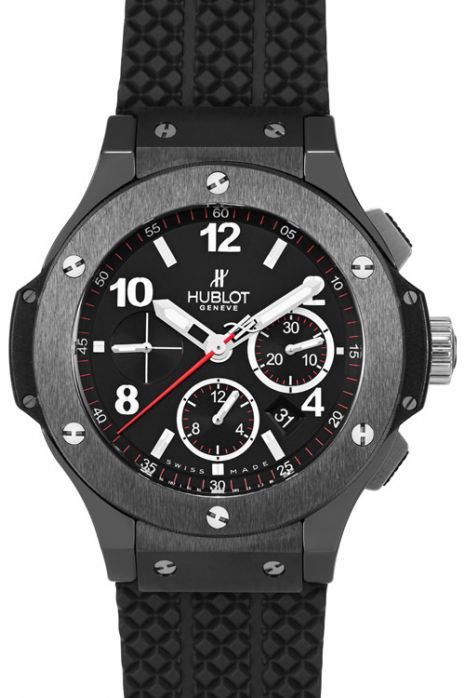
HublotBig Bang
2021 44 Mmsold out -
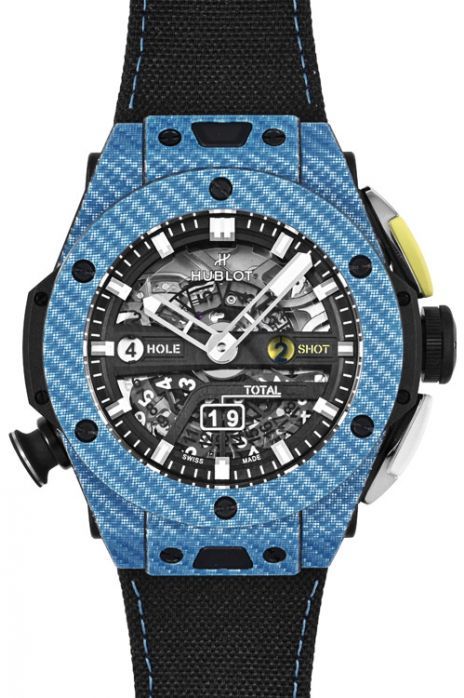
HublotBig Bang
2023 45 Mmsold out -
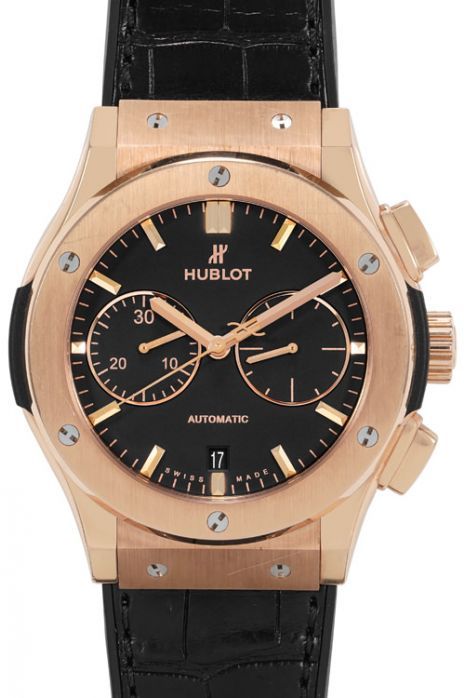
HublotClassic Fusion
2020 45 Mmsold out
The Start Of The Porthole
Named after the French word for ‘porthole’, Hublot is a relatively new luxury watch brand established in 1980 by Italian Carlo Crocco. Mr. Crocco was part of the Italian Biinda family, which still has a rich heritage of making luxury products like watches, clocks, leather accessories, and jewellery. However, Carlo Crocco had other plans. Instead of just being part of this successful family, he wanted to do something on his own. This led to his eventual move to Switzerland around 1976, where he created Hublot.
Like all great success stories, the story of Hublot starts with a crushing failure. The first Hublot watch was designed for three years and was the world’s first watch to consist of a natural rubber strap. Surprisingly, when this watch debuted at the Basel Watch Fair, it sold zero pieces! Yet, the resilience of watchmaking artists was not going to fade away with Hublot just yet! In a remarkable turnaround, the first Hublot design - a fusion of a gold case with a black natural rubber strap - was a hit in Europe, bringing $2 million in revenue within 1981. And thus began the extraordinary journey of this innovative watchmaker!
Under the ownership of Carlos Crocco till 2008, Hublot is now owned by the French group called LVMH, which also owns TAG Heuer S.A.! Hublot’s mantra of fusion between art and innovation hasn’t been hampered despite a change of ownership. The watchmaking company remains associated with some of the great modern and past sports stars, football and racing teams, eminent women personalities, and composers.
“The Art Of Fusion”: The Hublot Manufacture
The impressive manufacturing plant of Hublot is located by the banks of Lake Geneva in Nyon, Switzerland. It is here that a significant part of the 500-odd workforce toils hard every day to create the perfect machinery for Hublot.
Priding themselves for their innovation and their dedication to the 40-year-old motto of “The Art Of Fusion”, Hublot brings across the very best combination of materials. Firstly, all the components of the case and movement are produced in-house. The company even has a separate department dedicated to the making of complications within a model. Once the case and the movement are manufactured, skilled professionals give the components an aesthetic finishing.
Following this process, the watch model is transferred to the assembly line. Before the watchmakers embark on assembling the components, some of the parts in the movement are electroplated. The movement is then fitted with the jewels according to requirements and assembled. Of course, it goes without saying that throughout this process, all the parts are cleaned repeatedly!
Now, watchmakers assemble the components for the case. After a careful assembly of these cases, the watch gains its final features when the movements are fitted into the case using hands. This hand fitting is a critical part of the watchmaking process. Soon after this fitting is complete, the dial and the strap are assembled to complete the watch. But, that is not the end!
Every Hublot watch goes through multiple tests of endurance and performance. Only when the observations from these tests yield satisfactory results are the watches shipped to the boutiques and flagship stores around the world. Yet, there are more inspiring innovations that Hublot makes during the manufacturing process.
Any Hublot watchmaking process is incomplete without mentioning their magic gold material. The 18k gold that is lovingly known as Magic Gold remains the hardest gold in the world and the only one that is entirely scratch-resistant! Made from the 24k gold mixed with boron carbide, the material introduced in 2011 has become a staple part of Hublot’s manufacturing activity.
Excellence Innovated
When the first Hublot watch was released in 1980, it created a furore within the horological world. Subsequent models haven’t disappointed either. Currently, the Hublot has four families of watches along with unique edition Novelty pieces. The four families are namely: Big Bang, Spirit of Big Bang, Classic Fusion, and MG.
These models and watchmaking innovations are accurate to the path envisioned by the company’s current CEO, who has said that the “...strength of Hublot lies in its ability to innovate. A way of thinking that marches off the beaten track.”
And so far, Hublot has managed to create history by just doing that!